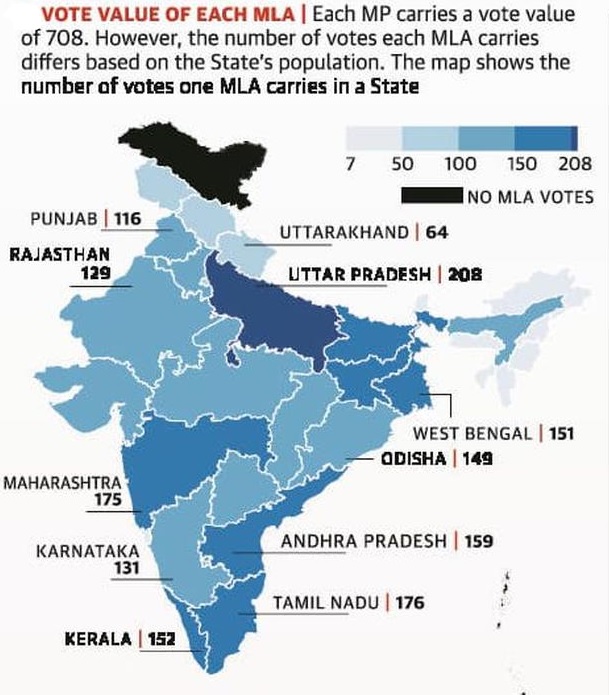900 319 0030
enquiry@shankarias.in
Once the President is elected, the excitement subsides and for the next five years not much attention is paid to the Rashtrapati Bhavan.

References